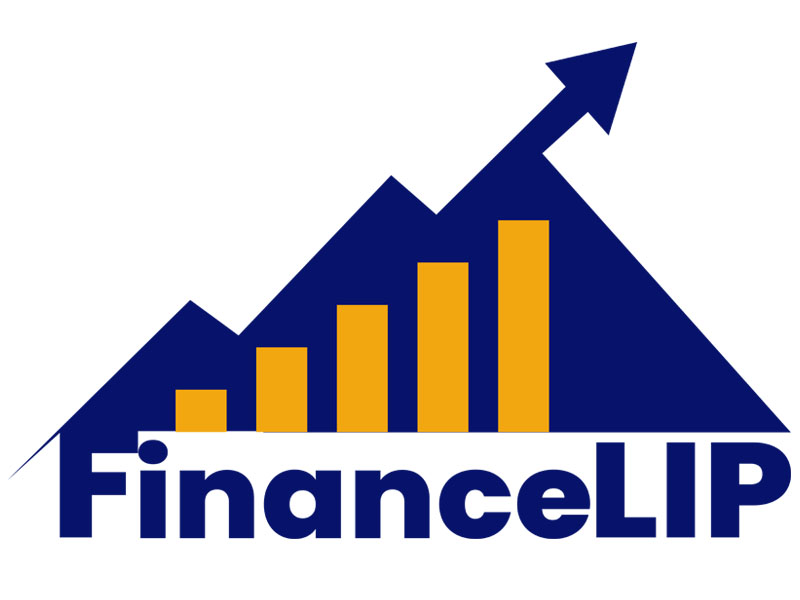It is said that before you enter any financial learning lesson, you need to first answer the question: are there things:
- you do not know about your finances,
- to change about your finances, and
- to improve on your finances?
Once you answer these questions in the affirmative, your gate, door, and mind start to open up to an empowering financial learning experience.
The good news is that no specific qualifications are required to attend this course: just a basic understanding of the language used (English) and anyone who knows how to read and count will be able to go through it with ease.
The challenge is structured with lessons, tasks, and questions for each day spanning 30 days. It is designed along three modules:
Module 1: The Basic Finance Fundamentals (BFF) covering Day 1 to Day 8.
Module 2: The Finance Action Path (FAP) covering Day 9 to Day 24; and
Module 3: Review and Reinforcement (RR) covering day 25 to day 30.
The modules have been designed in such a manner, to give you a consistent flow for the best results.
The course focuses on two keys:
Key No 1: Financial Education
Financial education simply looks at “the ability to appreciate how finances work and how to use financial resources well.” It involves learning how to attract, effectively use, grow, and protect money well.
Financial education is known to be the strongest and fastest way to improve your financial situation.
This is because a house built on strong ground will always resist winds and storms; while the one built on sand will easily be swept away. Where would you build yours? I guess the answer is pretty obvious, right? On the hard ground.
Similarly, a strong financial foundation requires both a strong ground and a base of knowledge and skills to boost financial growth.
Important to note is that financial education helps you to learn how to attract money; but equally important, it guides you to where your money should flow to; rather than you asking and wondering where your money disappeared to.
Do you sometimes wonder how you spend your money?
Key No 2: Taking Action
It is well known that knowledge is not power, but only potential power; and that knowledge becomes power only when you apply it, and use it properly.
Thus, applying financial knowledge, and using it, translates into taking appropriate financial actions.
Taking action further means that you are committed, willing, and ready to put in the requisite time and effort, make deliberate decisions and arrangements to: fully appreciate what you are pursuing, and what you believe and value, be accountable, and seek the necessary support where required to take the desired financial actions.
Are you ready, then, to embark on “Navigating the Financial Path — The 30-Day Personal Finance Improvement Challenge?”
I encourage you to follow the modules and days in a consistent step-by-step manner: completing each of the daily learning lessons, tasks, and questions.
